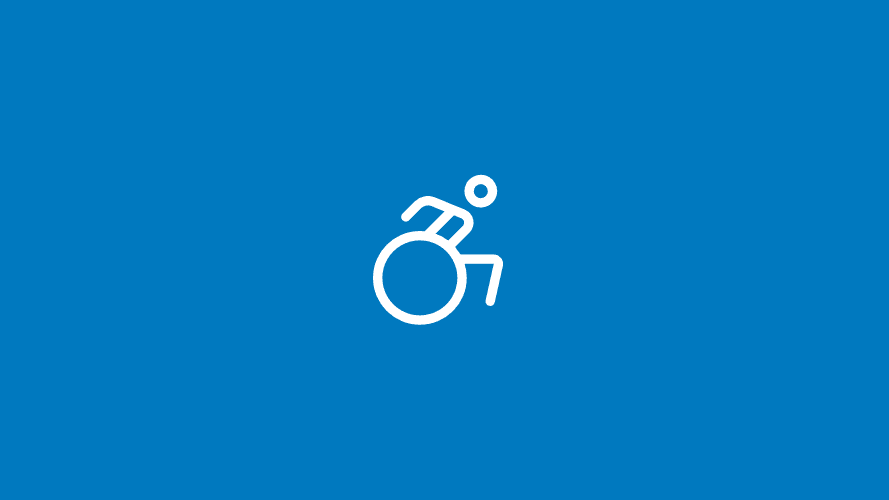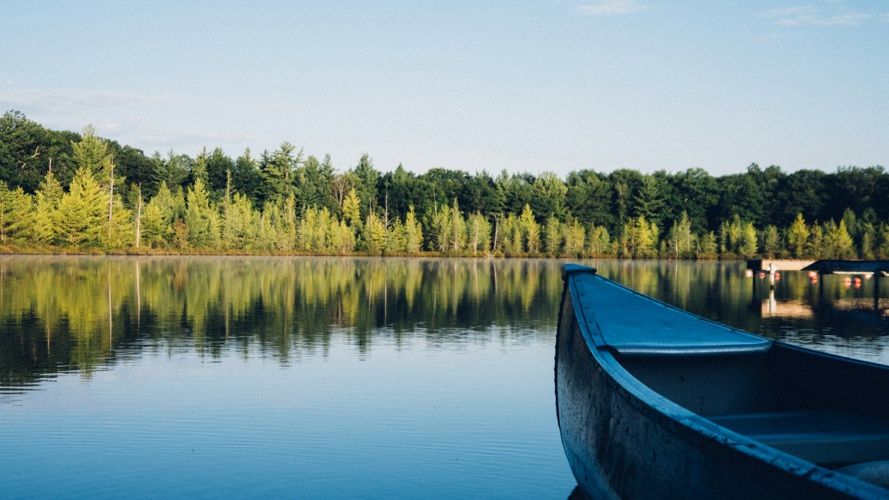Special needs summer camps: What to expect & how to choose

Introduction
Finding the right camp for your child with special needs can feel overwhelming, especially if it’s your first time navigating summer programs. Special needs camps-both day and overnight-offer welcoming, inclusive environments tailored to individual needs while providing the joys of summer camp. This guide helps parents understand how day and overnight formats differ so you can feel confident choosing what’s best for your child.
Key takeaways:
- Day and overnight special needs camps each offer unique benefits depending on your child’s readiness.
- Overnight camps build deeper social skills and independence over time.
- Day camps are easier for first-timers, with structured support and familiar routines.
- Activities, staff training, and supervision are typically tailored by camp type and camper need.
Table of Contents
What is a special needs camp?
Special needs camps are specifically designed to support children with a wide range of physical, developmental, emotional, or cognitive challenges. These camps focus on inclusive programming, adapted activities, and specially trained staff who can meet each camper where they are. From autism spectrum disorder (ASD) to ADHD, physical disabilities to social-emotional needs, every camper is celebrated for who they are.
Typical camp activities
Activities at special needs camps vary widely to match the interests and abilities of the campers. Think inclusive games, sensory play, swimming with trained lifeguards, art therapy, adaptive sports, and music sessions that encourage self-expression. Programs are flexible and often integrate therapeutic elements like speech support, occupational therapy, or social skills coaching.
Sample daily schedule
Day camp schedule
| Time | Activity |
|---|---|
| 8:30 AM | Drop-off & transition time |
| 9:00 AM | Morning sensory activities |
| 11:00 AM | Music or creative art therapy |
| 12:00 PM | Lunch & quiet time |
| 1:00 PM | Outdoor games or adaptive PE |
| 2:30 PM | Group circle & pick-up |
Overnight camp schedule
| Time | Activity |
|---|---|
| 7:30 AM | Wake-up & morning routine |
| 8:30 AM | Breakfast & cabin check-in |
| 9:30 AM | Group therapy or team activity |
| 12:00 PM | Lunch & rest |
| 2:00 PM | Electives (art, music, swimming) |
| 5:00 PM | Dinner |
| 7:00 PM | Evening circle & lights out routine |
What to expect as a parent
Day Camps
For day special needs camps, parents can expect structured communication each day-such as end-of-day summaries or feedback logs. Drop-off and pick-up areas are often staffed with trained support personnel, and staff remain accessible throughout the day for concerns or adjustments. Medical professionals are typically on site, and accommodations are carefully reviewed in advance.
Overnight Camps
Overnight special needs camps usually involve more extensive planning. Parents receive pre-camp assessments, regular updates, and post-camp debriefs. These camps emphasize continuity of care, including medication management, behavioral support, and personalized routines. Trained staff and round-the-clock supervision ensure a safe and supportive environment for campers with diverse needs.
If you want to learn about safety or accreditation at camp you may also be interested in:
Benefits of special needs camps
- Builds confidence and independence in a structured, supportive environment
- Promotes social skills through peer interactions and inclusive activities
- Offers therapeutic recreation, sensory-integrated programs, and adaptive sports
- Provides respite for families while ensuring high-quality care for campers
- Facilitates emotional growth and resilience in a judgment-free setting
How to choose between day and overnight special needs camps
Choosing between day and overnight camps depends on your child’s comfort level, communication ability, and medical or behavioral needs. Here are key considerations:
- Day CampsIdeal for first-time campers, those who benefit from nightly routines at home, or who need daily family support.
- Overnight CampsGreat for campers who have previously attended day programs, want to build independence, or need immersive support with consistent routines.
Both formats offer tailored environments; the choice comes down to readiness, support systems, and your child’s specific needs.
Still deciding? you can read more about day and overnight camps here:
Checklist: Choosing a special needs camp
- Are staff trained in special education, therapy, or nursing?
- Does the camp offer a 1:1 or low camper-to-staff ratio?
- Is there a detailed intake process covering medical, dietary, and behavioral needs?
- Are facilities accessible (e.g., ramps, adaptive restrooms, sensory spaces)?
- Are daily schedules visual and predictable for your child?
- What emergency protocols are in place?
- Is there a point of contact for updates and feedback during the session?
FAQ
- Are all special needs camps the same?
- No - camps vary widely in focus and support level. Some specialize in specific diagnoses (like autism or Down syndrome), while others support a broader range of physical, developmental, or behavioral needs. Always ask about the camp’s intake process and staff qualifications.
- Can I visit the camp beforehand?
- Many camps offer in-person or virtual tours before the session starts. Visiting allows you to assess accessibility, meet staff, and better understand how the environment will support your child’s needs.
- What should I pack for my child?
- Most camps will send a packing list that includes personal care items, medication, communication tools, and comfort items. Make sure everything is clearly labeled with your child’s name.
- What if my child needs help with daily tasks?
- Special needs camps typically have trained staff who can assist with dressing, eating, hygiene, and medication. Be sure to communicate all needs during the intake process so the camp can provide the appropriate level of support.
- How do camps handle emergencies?
- Most camps have on-site medical personnel, detailed emergency protocols, and direct contact with local healthcare providers. Ask about their specific plans for medical, behavioral, or weather-related emergencies.
- Can I contact my child during camp?
- Communication policies vary by camp. Some allow daily updates via email or a parent portal, while others offer scheduled calls or staff check-ins. Overnight camps often limit direct contact to help campers build independence but still provide regular updates.
Final Thoughts
Choosing the right special needs camp is a deeply personal decision - one rooted in understanding your child’s unique strengths, preferences, and support needs. Whether you’re considering a local day camp or an immersive overnight experience, the right environment can empower your child to build confidence, form friendships, and grow in ways you never imagined.
Take your time researching, ask lots of questions, and don’t be afraid to reach out directly to camp directors. The best camps are eager to partner with parents and ensure a positive, safe, and enriching experience for every camper.



